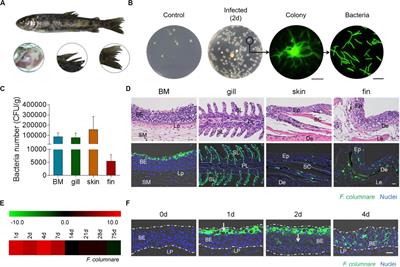ORIGINAL RESEARCH
Published on 29 Jun 2021
Expression and Function Analysis of Interleukin-17A/F1, 2, and 3 Genes in Yellow Catfish (Pelteobagrus fulvidraco): Distinct Bioactivity of Recombinant IL-17A/F1, 2, and 3

doi 10.3389/fimmu.2021.626895
- 2,858 views
- 15 citations











